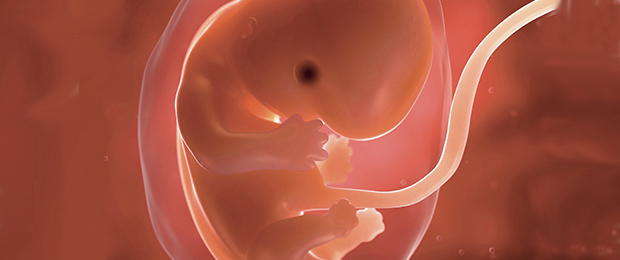The Parillo versus Italy Case, heard on 27 August 2015, which validates, amongst other things, Italy’s ban on the destruction of human embryos on Italian soil has triggered reactions. In fact, the Italian Government bans embryo destruction but authorises the use of stem cells obtained from embryos destroyed abroad. This represents a paradox for this country where the laws of the land grant full subject status for embryos in an attempt to “protect potential life embodied by the embryo”.
According to Aude Mirkovic, Private Law Lecturer and Head of Health and Biotechnology Legislation at the University of Evry Val d’Essonne, this paradox stems from the fact “that no State has consistent legislation”. Furthermore, the“pressure of scientific lobbies” has“reduced the political will of the Italian Parliament”. The logic of compromise advocated by the Italian State would result from a lack of political courage but would also be a means of externalising “the violation of its principles which allow it to avoid the presence of a large number of surplus embryos as in France, where people do not really know what to do”, analysed Grégor Puppinck (See Génèthique 01.09. 2015), Director General of the ECLJ.
The destruction of embryos abroad is not without consequences. Numerous cell banks, which act as intermediaries, cannot forge direct links between embryo provider and scientist. Therefore, many scientists often do not know that they are using human cells in their work.
Finally, this paradox surrounding the dignity of human embryos in Italy inevitably calls into question the way in which the law perceives human embryos. For Grégor Puppinck, “This constitutes progress because judges recognise the protection of human life in its initial stages.An embryo conceived in vitro is not a thing and deserves respect. However, they do not say it is a person. Consequently, incomplete progress leads to incoherent reasoning”.
La Vie (03/09/2015)

